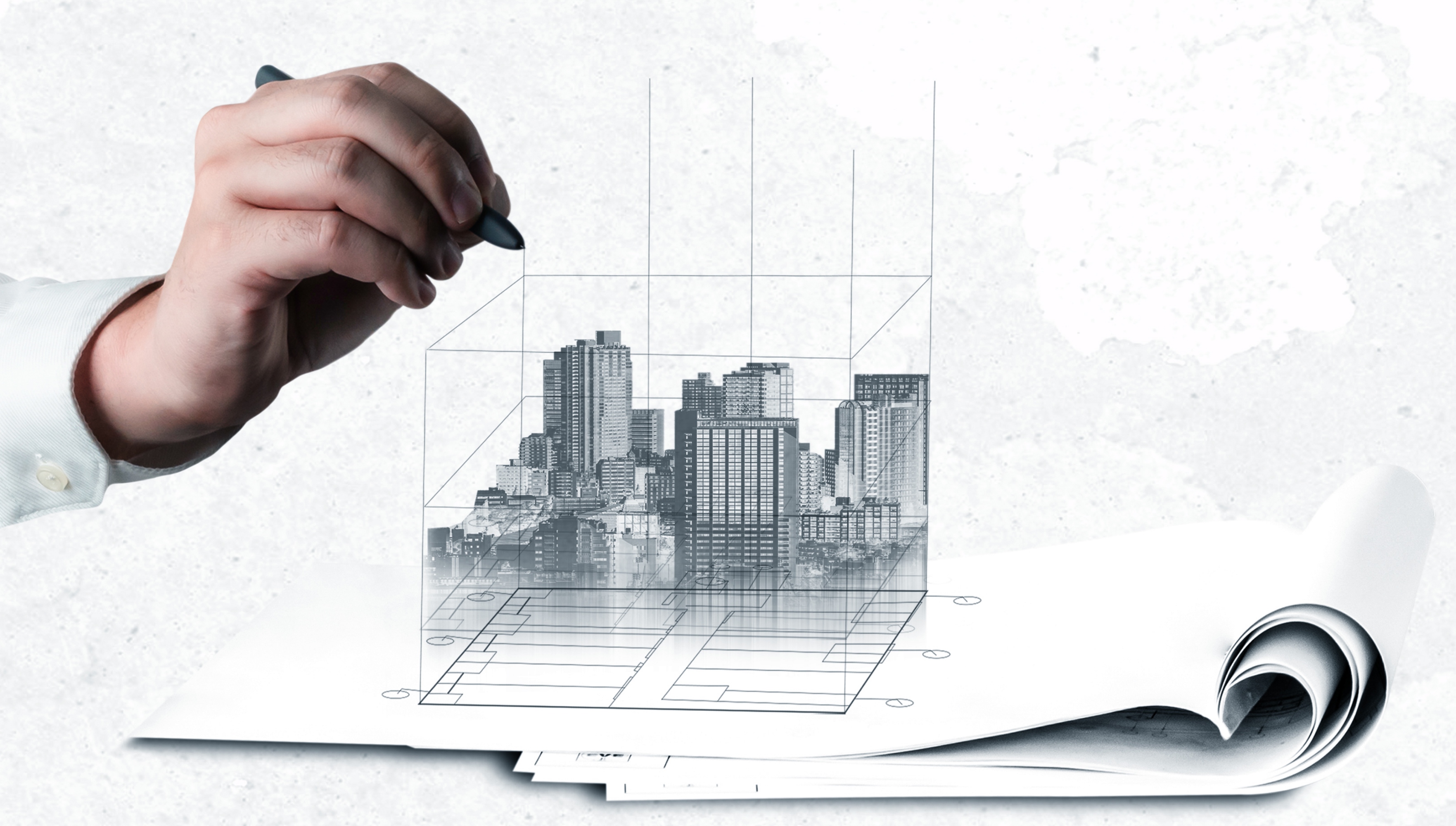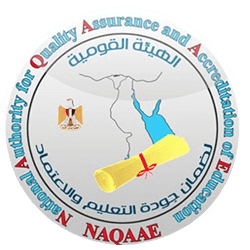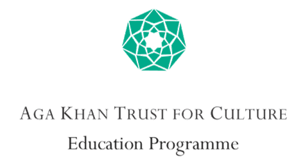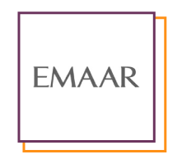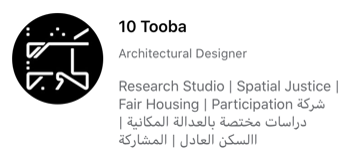About Architecture and Urban Design
ARUD Objectives
- To develop an architectural undergraduate program that is “different” and innovative utilizing technology yet closely connected to the real everyday dynamics to address the challenges facing the building of human settlements that support and sustain the wellbeing, prosperity and fulfilment of human values.
- To graduate architects and urban designers that are equipped to face the challenges of the contemporary city worldwide, understanding its complexity and bringing back people to the forefront of their considerations.
- To fulfil the designers’ role from the design of a single room to the design of city extensions, revitalization of heritage areas, or rehabilitation and upgrading of existing neighbourhoods.
- To graduate architects and urban designers that are equipped to face the challenges of mega cities and bring back people to the forefront of their considerations.
National Institutional Accreditation
|
|
The Architecture and Urban Design (ARUD) program is nationally accredited from The National Authority for Quality Assurance and Accreditation of Education “NAQAAE”, https://naqaae.eg/ar NAQAAE is a governmental body was established to enhance the quality of education in Egypt. |
Partnerships
ARUD has partnered with multiple institutions and establishments initially through the ERASMUS+ co-funded IMPAQT project comprising of seven educational establishments both local and international; namely, Technische Universität Wien (TUW), Universitat Politècnica De Catalunya (ETSAB), Universität Kassel (KU), Università di Cagliari (UNICA), Ain Shams University (ASU), Suez Canal University (SCU), and Alexandria University (AU); in addition to two non-academic institutions; namely, Housing & Building National Research Centre (HBRC) and Engineering Consultants Group (ECG).
In addition to the sustainable ties ARUD has with IMPAQT project former partners like ETSAB, ARUD has forged new partnerships with institutions such as Emaar-Misr, the Aga Khan Trust for Culture – Education Programme, and Denky Germany. ARUD also signed ERASMUS+ KA131 Mobility Agreements with Slovakia Technical University and ISTCE in Portugal which allows for the exchange of students and staff. ARUD has also signed MoUs with the Università di Cagliari, Italy, as well as CadMasters and 10 Tooba in Egypt to sponsor on-going teaching, research and extra-curricular activities.


